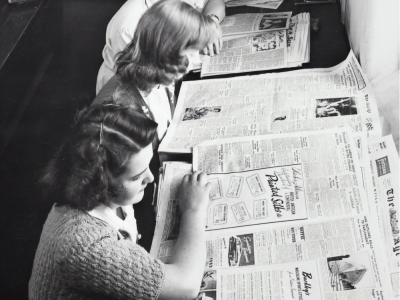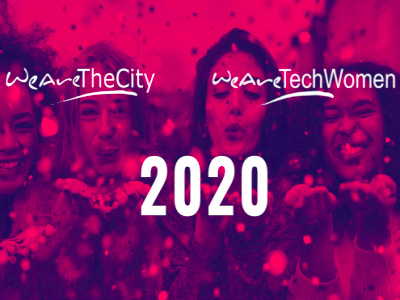When Andy Burnham was Sports Minister for Labour, he woke one morning thinking that the English cricket team must have lost. For the first time in a year. His daughter was in the team, and he was surprised there was nothing in the news,or sports pages. Being women, the editors didn’t think it was of interest. This week we read that one of the writers of Tenko, a long running TV programme, had actually had her writing corrected as “women don’t talk like that”. You see the world through a male perspective.
A stark contrast between two recent items of news, on line and in print. First, the Guardian: the women’s editor, Jane Martinson:
“Britain shamed in the World’s Mothers report. Save the Children’s annual report shows that Britain lags behind many European nations in health and wellbeing for women.”
Surely there is a case for this having been a news item, rather than hidden away in the women’s section? Only 35 comments suggesting the level of readers’ attention.
Anna Ford, previous newsreader, however was given a features spread, also in the Guardian, very hard hitting about women’s invisibility. I can do no better than quote her, but suggest that you read the full article at:
- http://www.guardian.co.uk/commentisfree/2013/may/18/older-women-tv-anna-ford
- http://tinyurl.com/d3fgxd3
“For the invisibility of women over 50 isn’t just a problem of representation on television. It’s far more deep-seated than that. It’s to do with levels of misogyny that lie so deep as to remain unrecognised and as yet not fully explained.”
You have only to read some of the 259 comments below the line to see how misogyny manifests its self.
She makes several strong points as to how the problem could be tackled:
- “We need quotas for women’s advancement in politics, law and business
- We need an independent, high-level public investigation into the place of women in our society, to look into why we are so poorly represented, and so poorly served, with some legally binding recommendations.
- We need more female writers for front-page articles to help change the portrayal of women in the newspapers.
- We need to change the ways we make decisions so power is less centralized and shared more equally.
- We need early education about gender and how “equality of opportunity” must mean just that.
- Oh, and enforcement of existing discrimination laws please.”
Frankly I would put the last recommendation at the top. But rarely have I seen the whole case laid out so clearly and specifically. She says:
“I keep being told the next generation will be different, that women will rule the roost. To that I would say: we thought we’d done that in the 60s.”
©2013 Christina@[email protected]
About the author:
As member of Women in Journalism, Christina is aware of how poor is the representation of women in the media. Make no mistake every report on women, by women, about women, has an influence on how the wider world views women. A popular speaker at events, Christina features Overlooked, Overshadowed and Outrageous women. Her interview with Baroness Boothroyd is on her website. www.wwom.org








